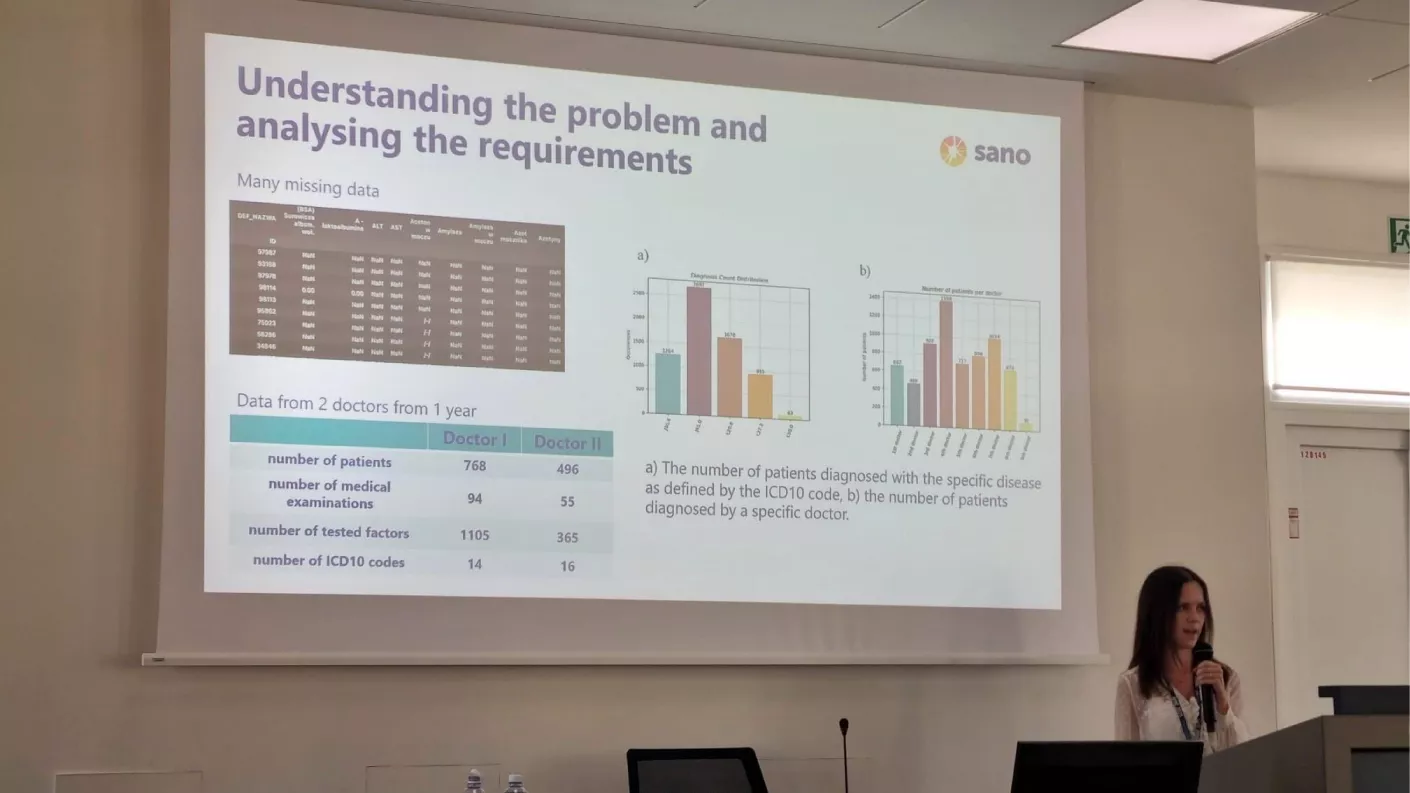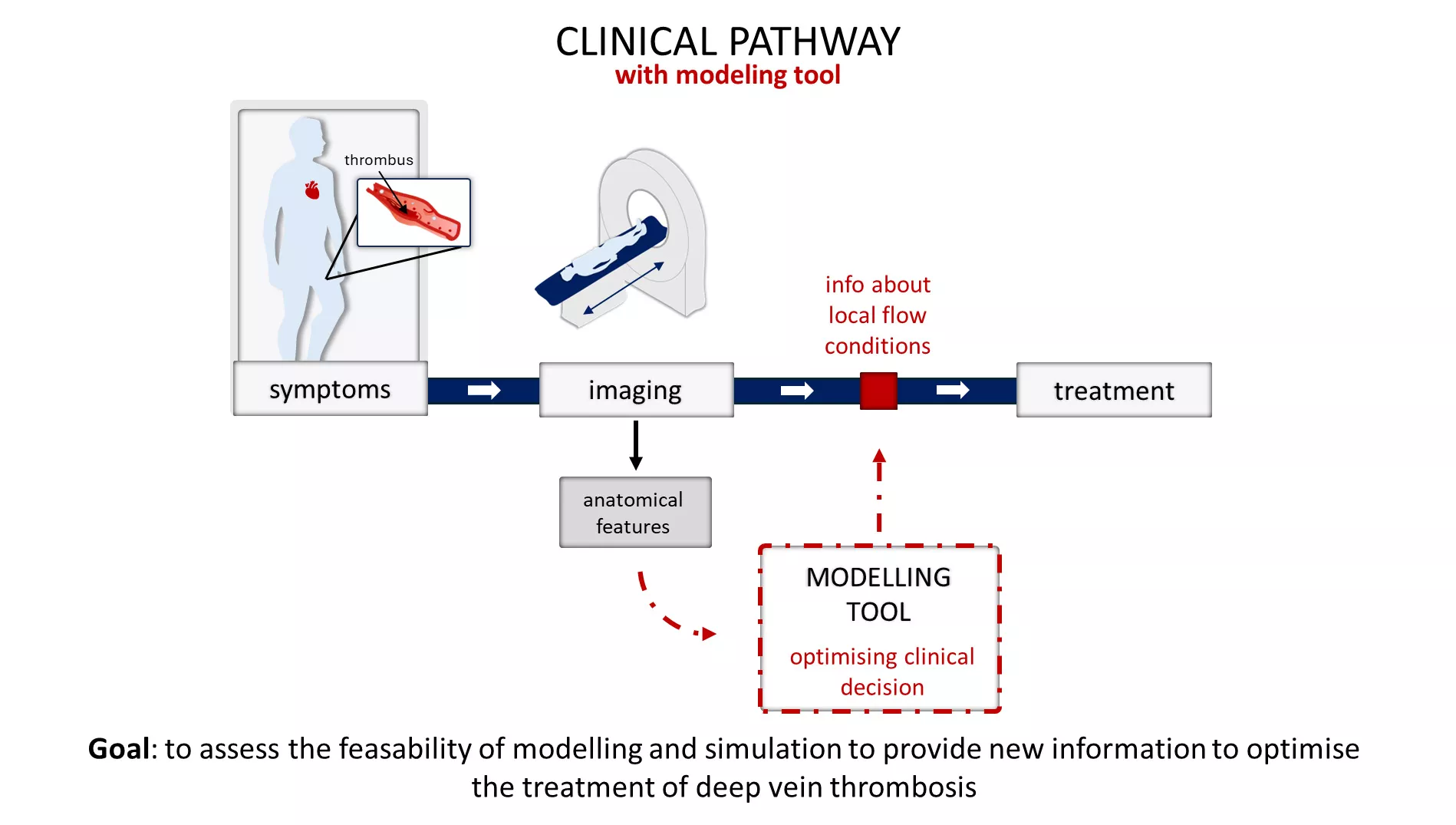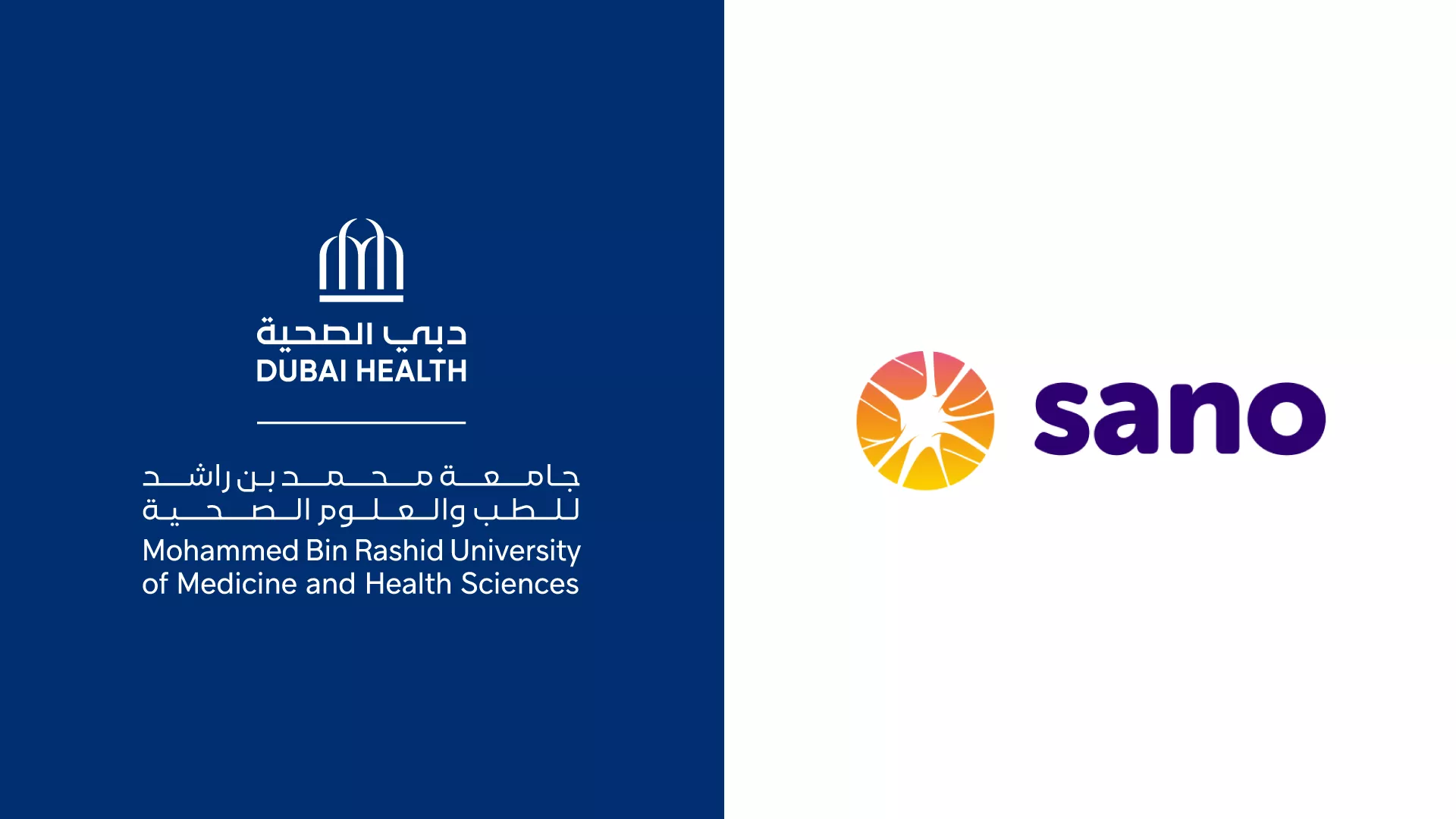
AI-Driven Allergy Diagnostics Presented at AIME 2025 in Pavia
Researchers from the Personal Health Data Science team at Sano Centre for Computational Medicine participated in this year’s 23rd International Conference on Artificial Intelligence in Medicine (AIME 2025), which took place from June 23 to 26 at the University of Pavia, Italy.
AIME remains a key international event for discussing how artificial intelligence can support medical research and clinical decision-making. This year’s edition highlighted advances in explainability, model robustness, and real-world deployment—areas that directly align with Sano’s research priorities in computational medicine.
Contributions from the Sano Team
The Sano delegation included Paulina Tworek, Luca Gherardini, Maja Szczypka, and Jose Sousa (Research Team Leader, Personal Health Data Science).
Poster Presentation: Explainable AI for Allergy Diagnosis
Luca Gherardini presented a research poster titled:
“Explainable AI for Allergy Diagnosis: A CACTUS Framework to Address Doctor Variability.”
The work was co-authored with Paulina Tworek, Maja Szczypka, Yousef Khan, Marek Mikotajczyk, Roman Lewandowski, Jose Sousa and applies the Comprehensive Abstraction Classification Tool for Uncovering Structures (CACTUS), a framework designed to enhance explainability in medical AI systems, for supporting allergy diagnostics —specifically targeting the challenge of diagnostic variability among clinicians.
Presentation: Real-World Machine Learning for Clinical Decision Support
Paulina Tworek delivered a talk titled:
“Machine Learning-Based Decision Support for Allergy Diagnosis: Real-World Implementation in a Hospital Setting.”
Her presentation focused on the clinical deployment of the CACTUS classification system for supporting allergy diagnostics. She detailed how CACTUS achieved significantly higher accuracy compared to traditional machine learning models. More importantly, it demonstrated notably improved feature stability, even in datasets with missing values and noise—a critical aspect for model explainability in healthcare environments.
Paulina also outlined future development plans aimed at enhancing model precision and extending its capabilities toward allergen identification, marking another step toward practical, trustworthy AI integration in clinical workflows. The system is currently being implemented in clinical practice in collaboration with the Wojewódzki Szpital Rehabilitacyjny dla Dzieci w Ameryce (Voivodeship Rehabilitation Hospital for Children in America, Poland).




